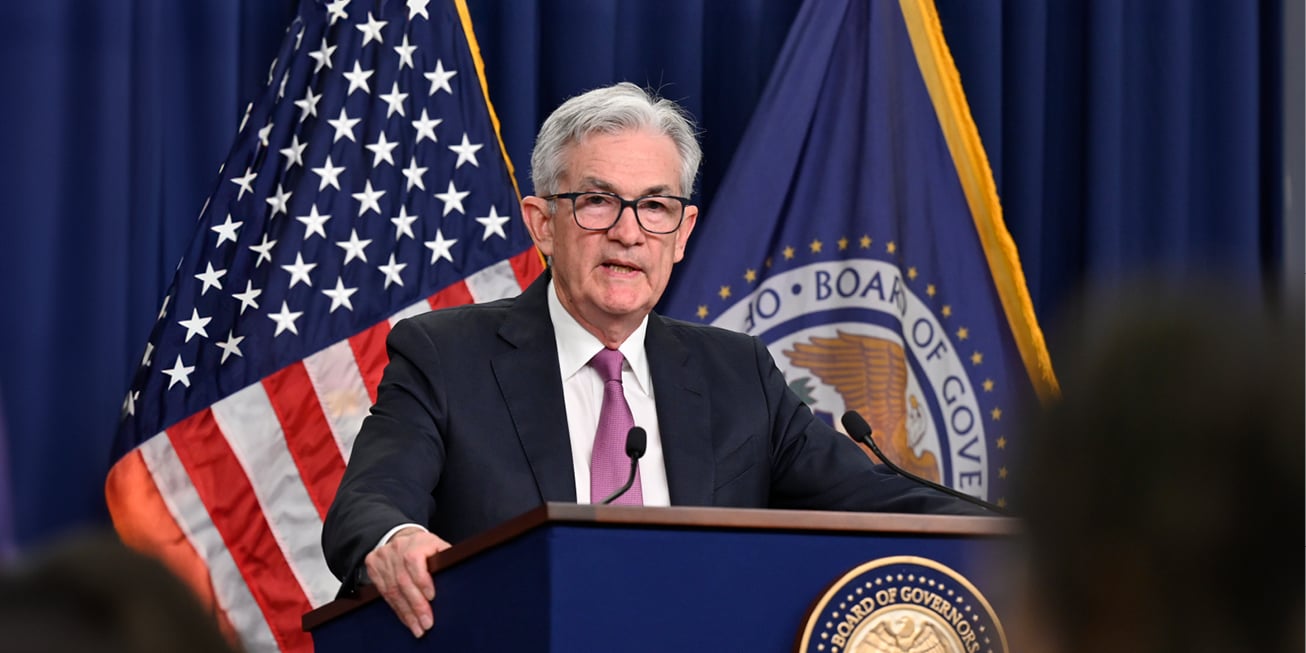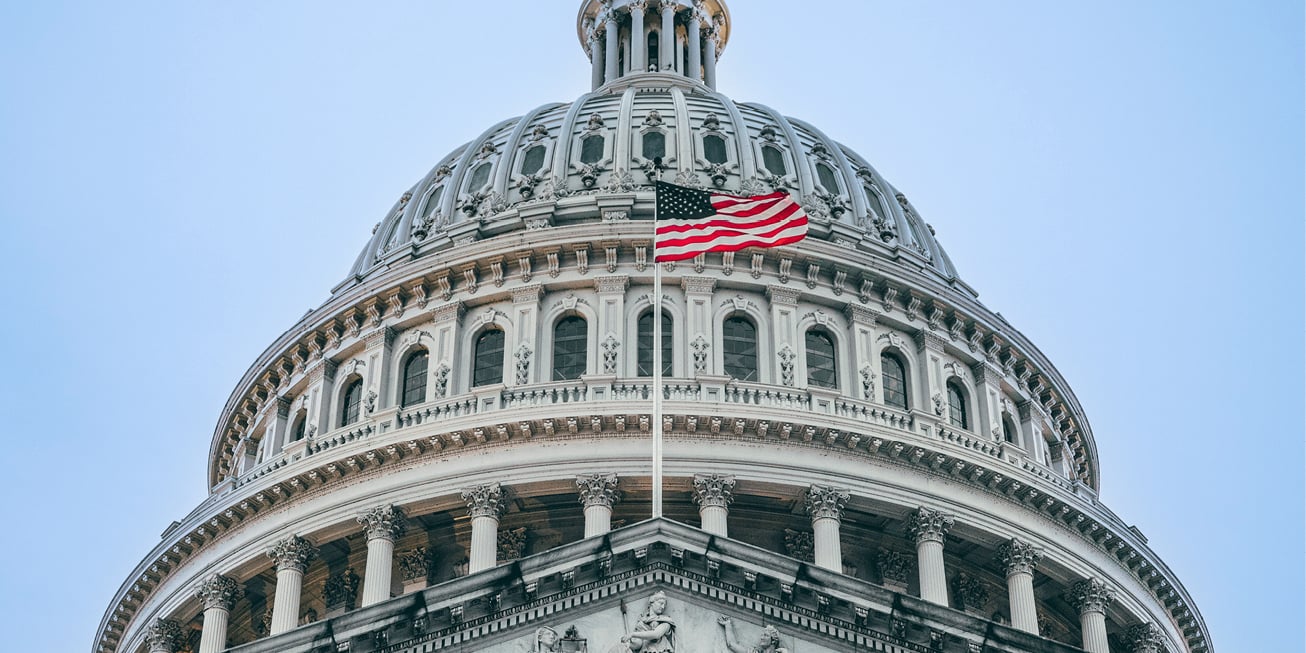Politics and portfolios
Spreading conflict in the Middle East is alarming. It is worrying enough in itself, but viewed alongside the grim attrition in Ukraine, a dysfunctional US polity, rising populist challenges across Europe, and China's claim on Taiwan, it adds to the impression that the long period of stability which has characterised most of our working lifetimes is at risk. It seems insensitive even to ask about its investment implications.
Nobody – including the protagonists and their advisers – can predict the outcome with confidence. There are no infallible guides to how global markets will respond. Nonetheless, it may be useful to remind ourselves of a few ideas which have helped us frame investment advice in this context.
- First, history tells us that markets can be impersonal. Things which matter hugely to us as individuals don't always have a big impact on economies and markets, which are driven by so many other things besides – not least the evolving business cycle. Regional conflicts, idiosyncratic presidents, all sorts of crises can leave global risk appetite, interest rates and profitability – the key drivers of global capital markets – seemingly unaffected as a result.
- Second, it is too soon to talk of paradigm shifts. We should not rush to conclude that the world has indeed changed decisively, that a new ‘big picture’ is unfolding. There is an industry devoted to painting such pictures, and it is hugely fallible and wholly unaccountable – recent illustrations being perhaps the widespread predictions of mass unemployment and deflation which accompanied the pandemic closures in 2020. Nobody predicted the long period of stability which broke out after the collapse of European collectivism.
- We should watch for transmission mechanisms. If the threat to world peace is big enough, risk appetite will plunge and perceived ‘risk assets’ – such as stocks and credit – will sell-off without anything else happening. More likely, however, markets will take their cue from more tangible effects – such as a surge in energy costs, disruption to trade, a weakening in discretionary household or business spending, new tariffs or sanctions. As yet, neither subjective nor objective transmission is visible. Sell-offs in stocks and credit, and rallies in safe havens such as gold, bonds and the US dollar, have been modest. Oil prices have risen by about 5%, but in real terms are still lower than usual: we were starting to view them as the possible source of a positive surprise to growth prospects.
None of this means that the worst cannot happen, of course. But it still feels premature to invest as if it will.
Ready to begin your journey with us?
Speak to a Client Adviser in the UK or Switzerland





